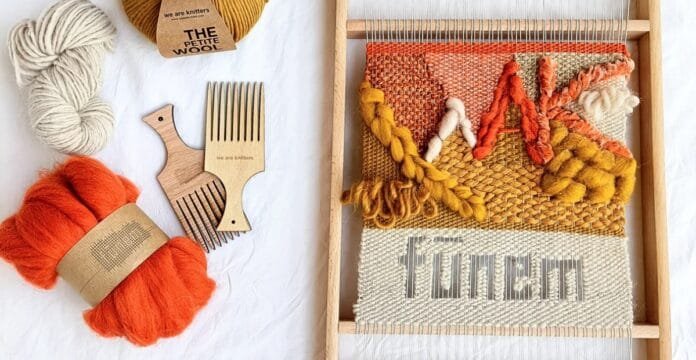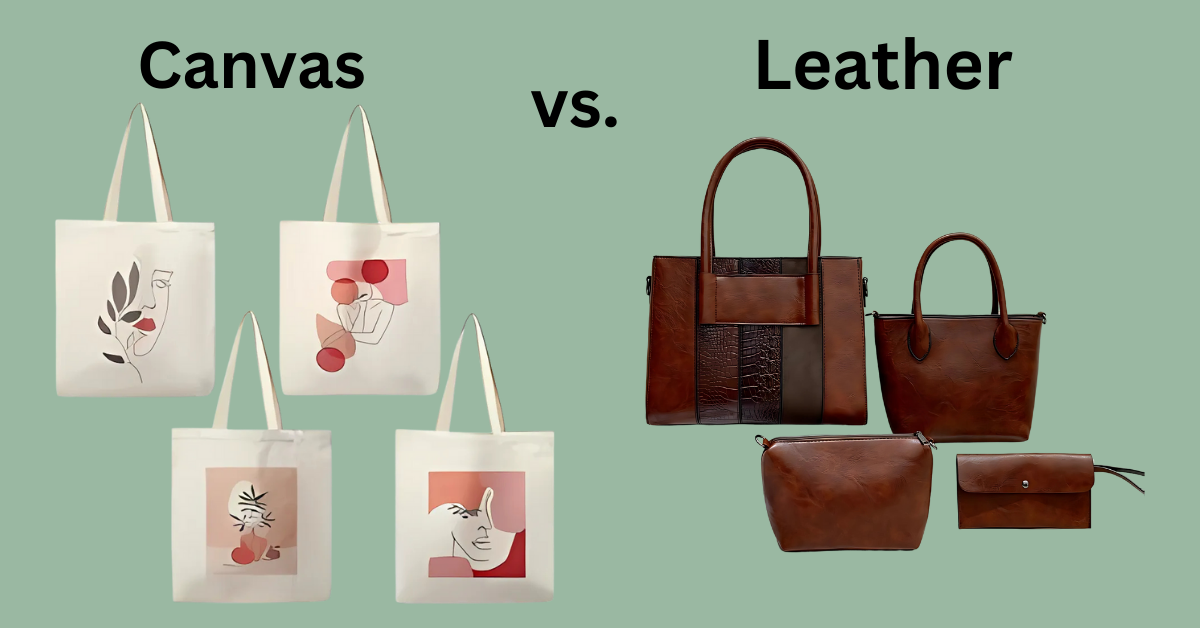When it comes to fabric-making, two of the most common techniques are weaving vs knitting. Both methods have been used for centuries to create everything from clothing to home textiles. While they share the same goal—producing fabric—their processes, appearances, and end uses differ greatly. Let’s explore weaving and knitting in detail.
What is Weaving?
Weaving is one of the oldest methods of making fabric. It involves interlacing two sets of yarns at right angles.
- Warp yarns: These run vertically and stay fixed on a loom.
- Weft yarns: These run horizontally and are woven through the warp threads.
The process requires a loom, which holds the yarns tightly in place. This creates a fabric that is generally sturdy, less stretchy, and highly durable.
Examples of woven fabrics: denim, canvas, linen, satin, and twill.
What is Knitting?
Knitting is a method of creating fabric by interlooping yarns with needles or machines. Instead of crossing yarns at right angles, knitting makes a series of connected loops.
Because of these loops, knitted fabrics are usually stretchy, flexible, and soft. Knitting can be done by hand with two needles or by machines in large-scale production.
Examples of knitted fabrics: jersey, rib knit, interlock, and wool sweaters.
Advantages of Weaving
- Produces firm and strong fabrics
- Great for structured clothing (like jeans, jackets, and trousers)
- Fabrics hold shape well
- More resistant to wear and tear
Advantages of Knitting
- Soft, stretchy, and comfortable to wear
- Ideal for activewear and casual clothing
- Provides warmth (especially wool knits)
- Can be easily done by hand as a craft
Which is Better: Weaving or Knitting?
The choice depends on the purpose. If you need sturdy and long-lasting fabric, weaving is the better option. But if you want comfort, stretch, and flexibility, knitting is the right choice.
In fact, both techniques are essential in the textile industry. From woven denim jeans to knitted wool sweaters, our wardrobes are filled with products from both methods.
Conclusion
Weaving and knitting are two distinct fabric-making methods that serve different needs. Weaving creates strong, structured fabrics, while knitting produces soft, stretchy, and cozy materials. Understanding the difference helps you choose the right fabric for fashion, upholstery, or crafting.
Whether you’re a designer, a crafter, or simply someone curious about textiles, knowing the basics of weaving and knitting opens up a deeper appreciation for the clothes and fabrics we use every day.
FAQS
What is the main difference between weaving and knitting?
Weaving interlaces warp and weft yarns at right angles, while knitting forms loops of yarn. This makes woven fabrics stronger and less stretchy, and knitted fabrics softer and more elastic.
Which is stronger, woven or knitted fabric?
Woven fabrics are generally stronger and more durable than knitted fabrics. They hold their shape better and resist stretching, making them ideal for jeans, jackets, and upholstery.
Which is warmer: woven or knitted fabric?
Knitted fabrics, especially wool, are usually warmer because their loop structure traps more air. This makes them perfect for sweaters, scarves, and winter clothing.



